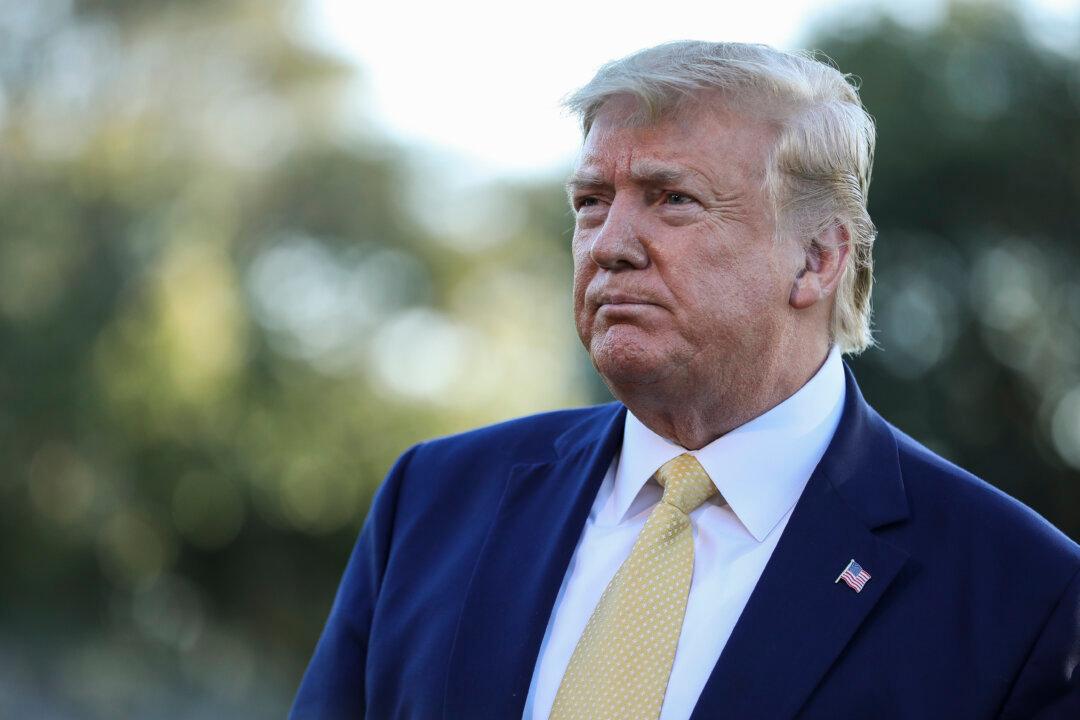A New York judge on Monday has restricted what evidence former President Donald Trump can publicly disclose about a criminal case against him.
Trump was indicted in March with 34 felony counts (pdf) of falsifying business records, to which he pleaded not guilty in April. The case—the first time a former president has been charged with a crime—was brought by Manhattan District Attorney Alvin Bragg.




